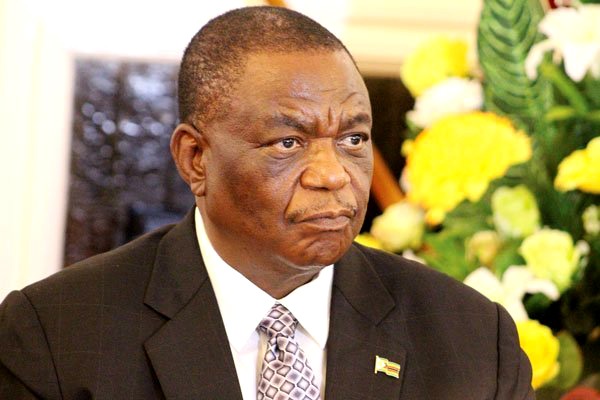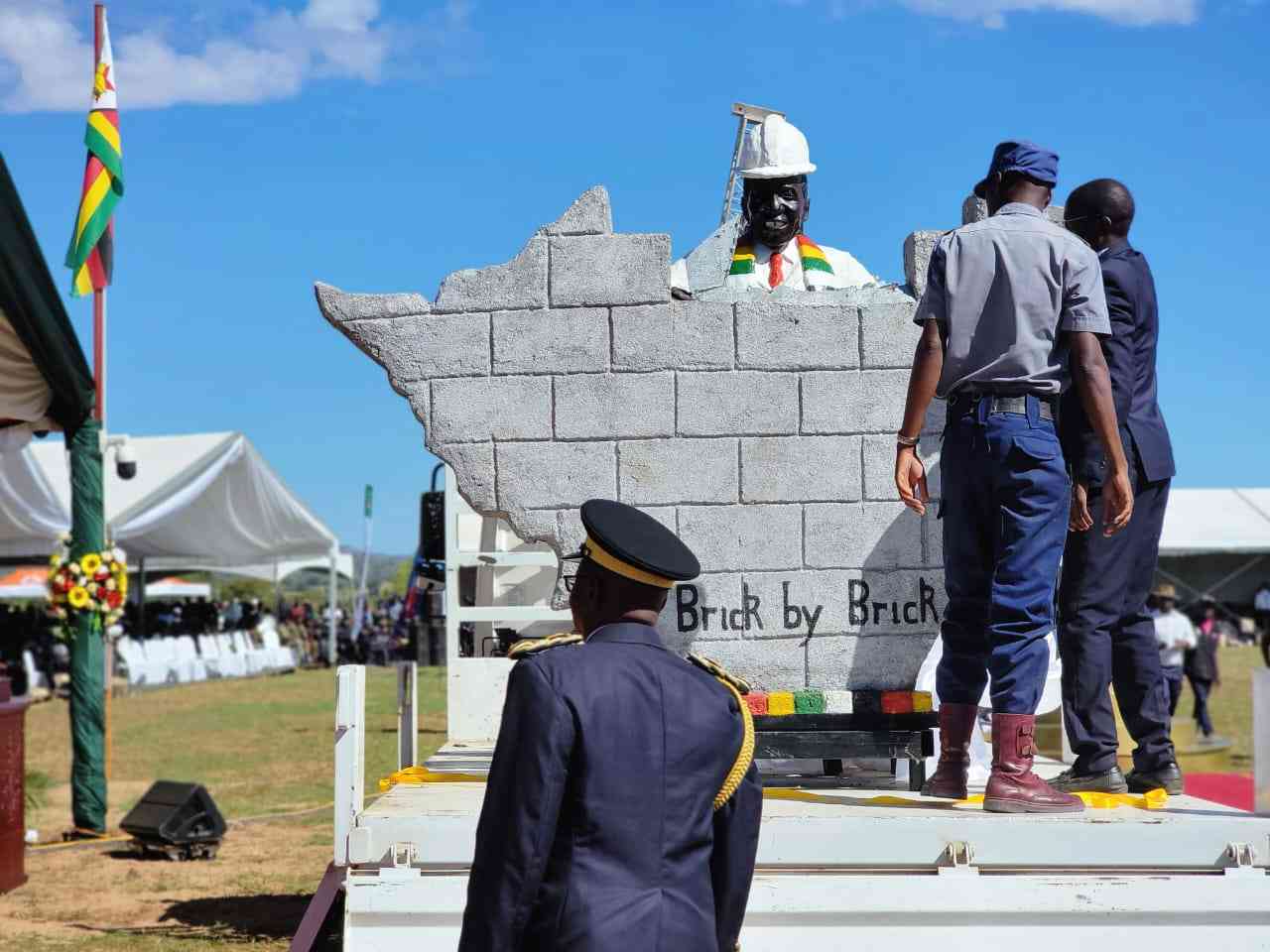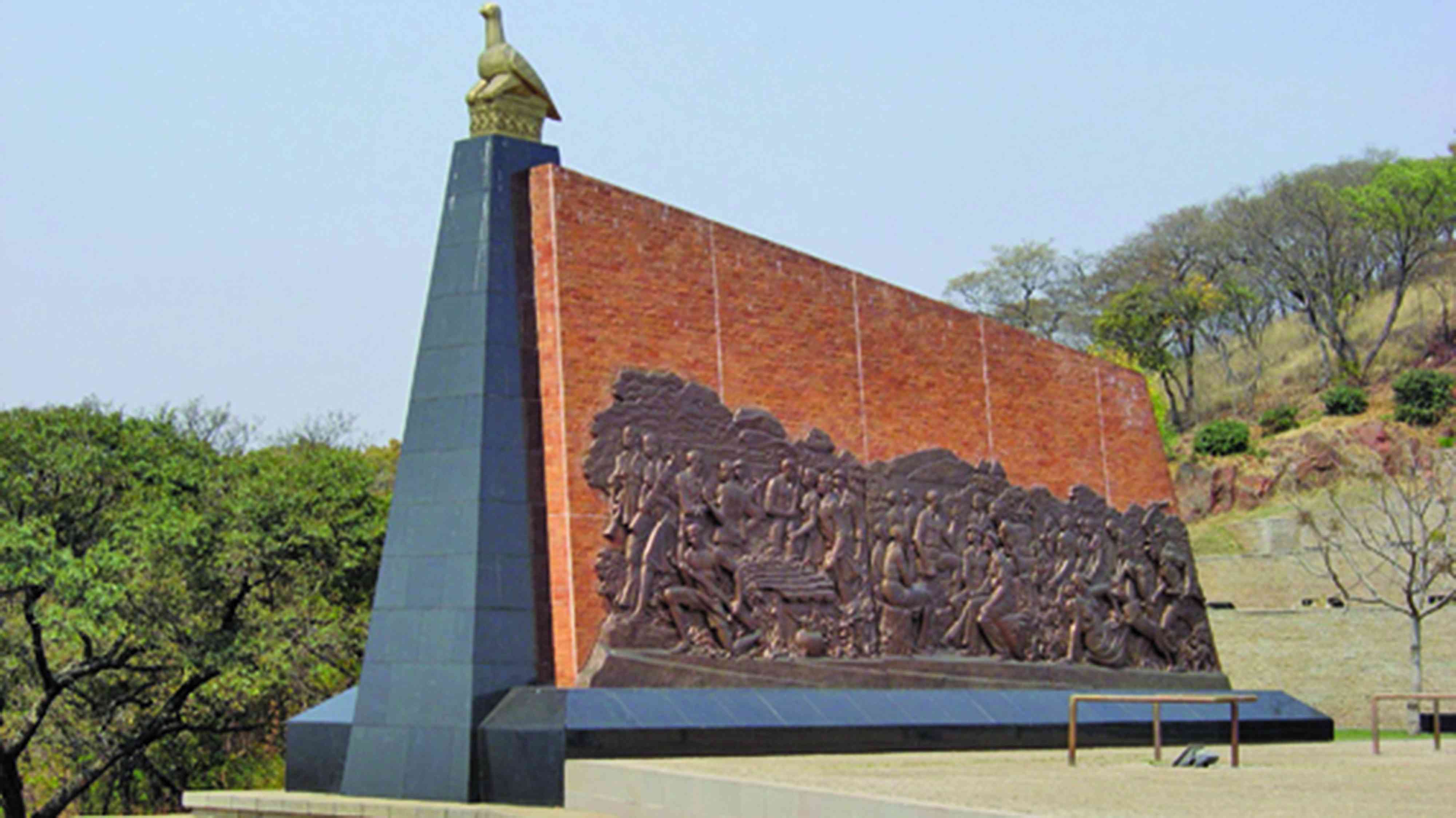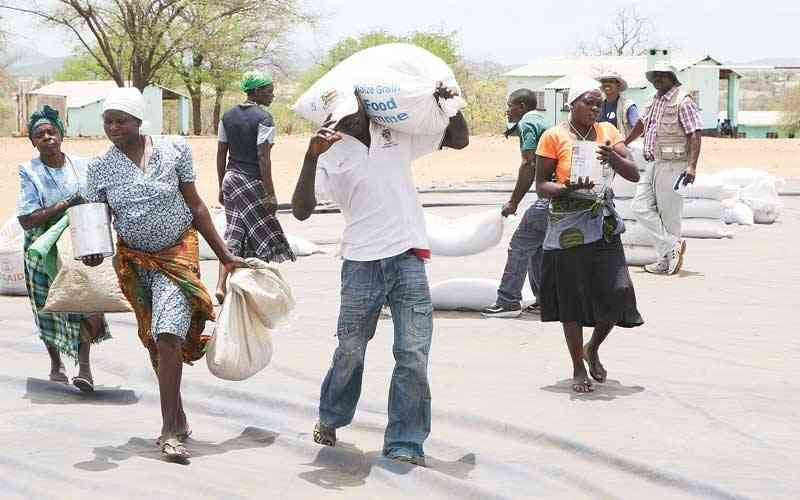
VICE-PRESIDENT and Zanu PF second secretary, Constantino Chiwenga recently made an interesting remark, that the police must be called to account for banning campaign rallies for the opposition Citizens Coalition for Change (CCC).
CCC has seen several of its rallies being blocked, notably in Marondera, with the police going to the extent of forming a human wall to prevent supporters from getting into the stadium. For an organisation that claims to be poorly resourced, it was rank profligacy.
After Chiwenga’s accusation, the police released a statement saying CCC had failed to comply with the provisions of the Maintenance of Peace and Order Act (Mopa). But other key players in Zimbabwe’s political space, Zanu PF and the MDC Alliance, which critics say is an appendage of the ruling party, are allowed to host events without any restriction applied. The police actions have brought to the fore the question of selective application of the law when it comes to political activities between Zanu PF and the opposition.
President Emmerson Mnangagwa and other Zanu PF bigwigs, including low-ranking ruling party officials, have been presiding over campaign rallies without any disruptions.
The same is true for MDC Alliance leader, Douglas Mwonzora and other small parties canvassing for votes ahead of the by-elections next Saturday. But Nelson Chamisa’s CCC party has not been having it easy.
There is a disturbing trend where if the CCC rally is not banned over some nefarious reason, it has been disrupted by police who use teargas to disperse supporters. Suspected Zanu PF activists have joined the fray, unleashing an orgy of violence on a CCC rally held in Kwekwe recently.
These incidents and many others raise serious questions about the rule of law, in particular the role of police in upholding the same.
The Constitution gives the police a mandate to prevent crime, protect lives and property, maintain law and order, and enforce the law without fear or favour.
- Chamisa under fire over US$120K donation
- Mavhunga puts DeMbare into Chibuku quarterfinals
- Pension funds bet on Cabora Bassa oilfields
- Councils defy govt fire tender directive
Keep Reading
Section 219 further provides that police must be non-partisan, national in character, patriotic, professional and subordinate to the civilian authority as stipulated by the Constitution.
This reinforces section 208 of the Constitution, which says members of all security services, including the police, must be non-partisan and must not be active members or office bearers of any political party or organisation.
But recent events show bias against the CCC, and these allegations cannot be simply ignored.
Police enjoy the presumption of fairness, and, therefore, must act in a way which does not raise suspicions about its conduct.
There must always be the belief that the constitutional body is acting legally and in good faith and it will enjoy the support of all right-thinking Zimbabweans.











